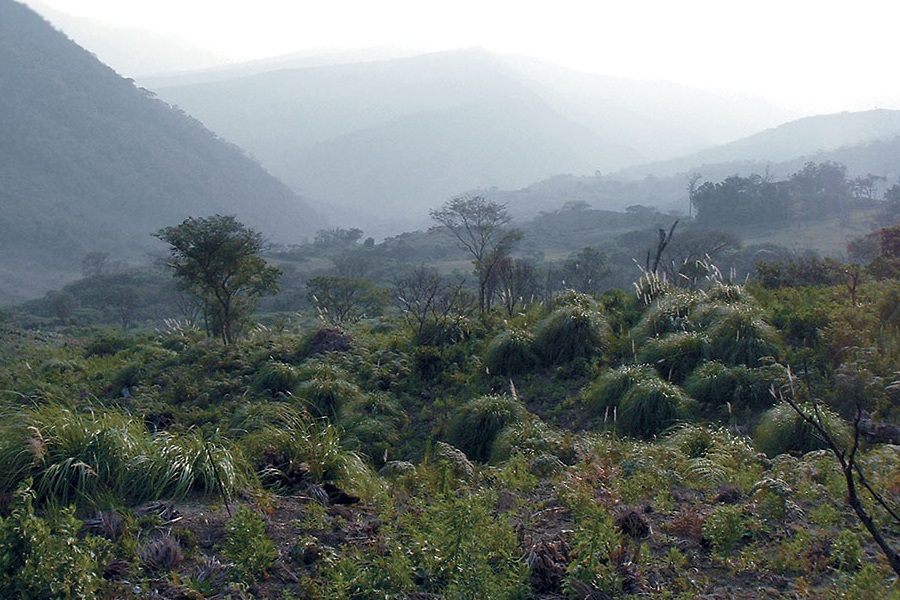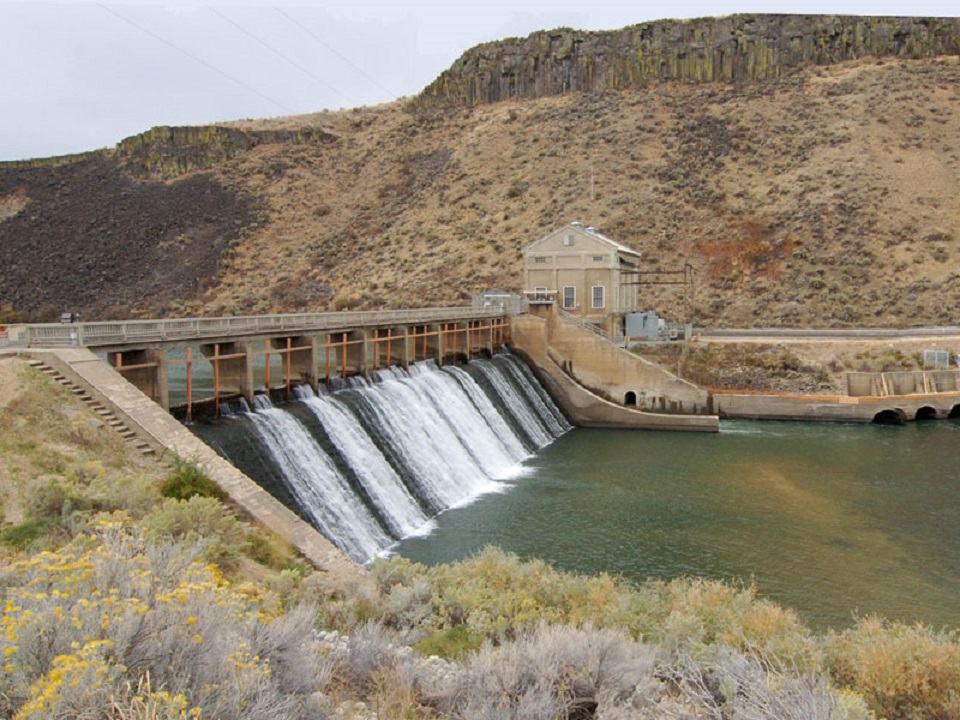
Bees and Barbed Wire for Water
In Bolivia, bees and barbed wire served as compensation for landowners who protect native vegetation in a water-producing cloud forest.
Read more

In Bolivia, bees and barbed wire served as compensation for landowners who protect native vegetation in a water-producing cloud forest.
Read more
The Remediators Inc. is proving that mushrooms are a safe and cost-effective way to clean up contaminated soils.
Read more


Building the university of free market environmentalism will require a combination of business acumen and environmental passion.
Read more
Reducing pollution is not the only factor to be considered when it comes to lowering infant mortality rates passion.
Read more
Dying is big business in the United States to the tune of $26 billion dollars annually. Yet a growing number of people and their next of kin are seeking an alternative path to the final resting spot. Ramsey Creek Preserve in South Carolina, a privately owned 32-acre plot of old growth woods, offers its land forContinue reading "Bees and Barbed Wire for Water"
Read more
Komodo National Park is located on one of the Lesser Sunda Islands, just one of 10,000 islands in the Indonesian archipelago. Best known for the famous land-dwelling Komodo Dragons, Grist says it is also home to an underwater environment containing some of the greatest concentrations of marine diversity on the planet. It has more thanContinue reading "Bees and Barbed Wire for Water"
Read more
In a state with no shortage of daily manure, Reuters News Service reports that a major utility has signed an agreement to augment its energy supplies with natural gas generated from cow patties. Pacific Gas & Electric Company (PG&E). has signed a deal with Micrology Inc., a subsidiary of Portsmouth, New Hampshire-based Environmental Power Corp.,Continue reading "Bees and Barbed Wire for Water"
Read more
A Case of Government Discrimination I note an important oversight in Robert Glennon’s tentative endorsement of market solutions for settling claims to water rights. Toward the end of the article he qualifies his endorsement with an argument that is as old as the environmental movement—that “Markets have difficulty internalizing environmental values.” He then proceeds toContinue reading "Letters to the Editor"
Read more